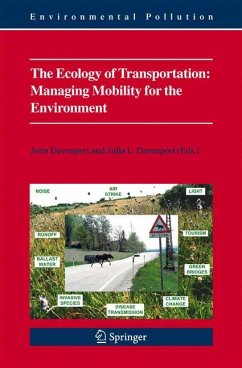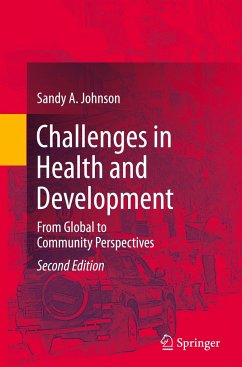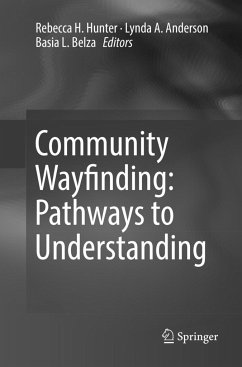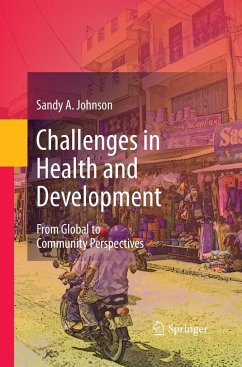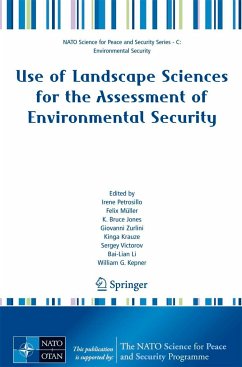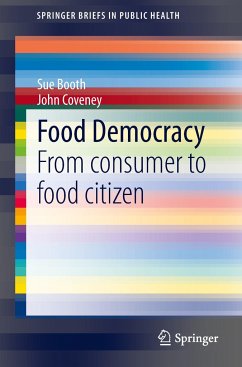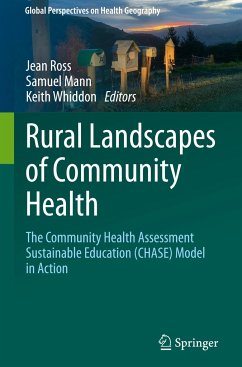
Food Justice in US and Global Contexts
Bringing Theory and Practice Together
Herausgegeben: Werkheiser, Ian; Piso, Zachary

PAYBACK Punkte
49 °P sammeln!
This book offers fresh perspectives on issues of food justice. The chapters emerged from a series of annual workshops on food justice held at Michigan State University between 2013 and 2015, which brought together a wide variety of interested people to learn from and work with each other. Food justice can be studied from such diverse perspectives as philosophy, anthropology, economics, gender and sexuality studies, geography, history, literary criticism, philosophy and sociology as well as the human dimensions of agricultural and environmental sciences. As such, interdisciplinary workshops are...
This book offers fresh perspectives on issues of food justice. The chapters emerged from a series of annual workshops on food justice held at Michigan State University between 2013 and 2015, which brought together a wide variety of interested people to learn from and work with each other. Food justice can be studied from such diverse perspectives as philosophy, anthropology, economics, gender and sexuality studies, geography, history, literary criticism, philosophy and sociology as well as the human dimensions of agricultural and environmental sciences. As such, interdisciplinary workshops are a much-needed vehicle to improve our understanding of the subject, which is at the center of a vibrant and growing discourse not only among academics from a wide range of disciplines but also among policy makers and community activists. The book includes their perspectives, offering a wide range of approaches to and conceptions of food justice in a variety of contexts. This invaluable work requires readers to cross boundaries and be open to new ideas based on different assumptions.




